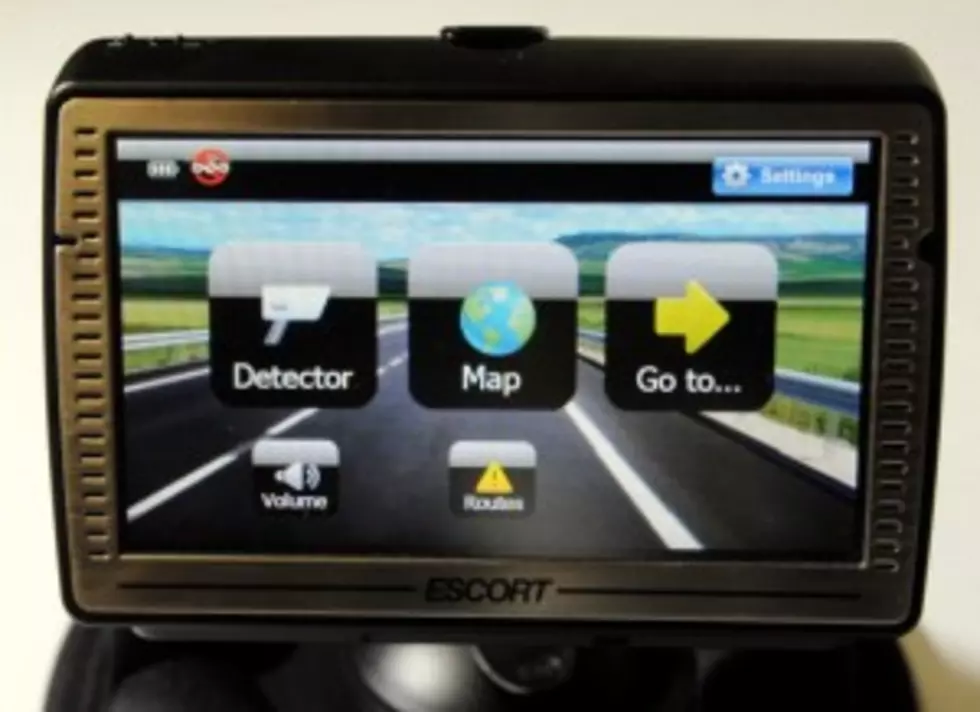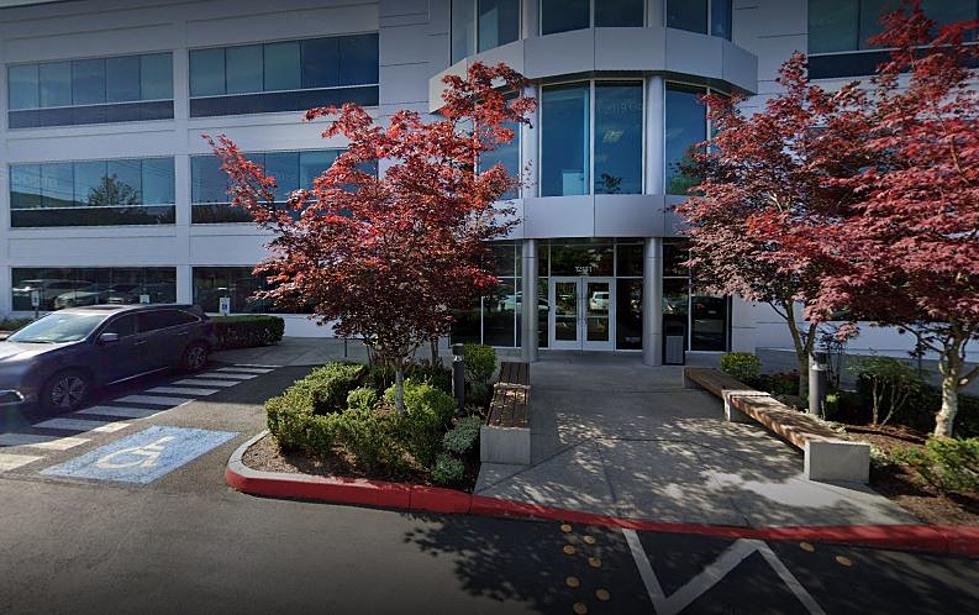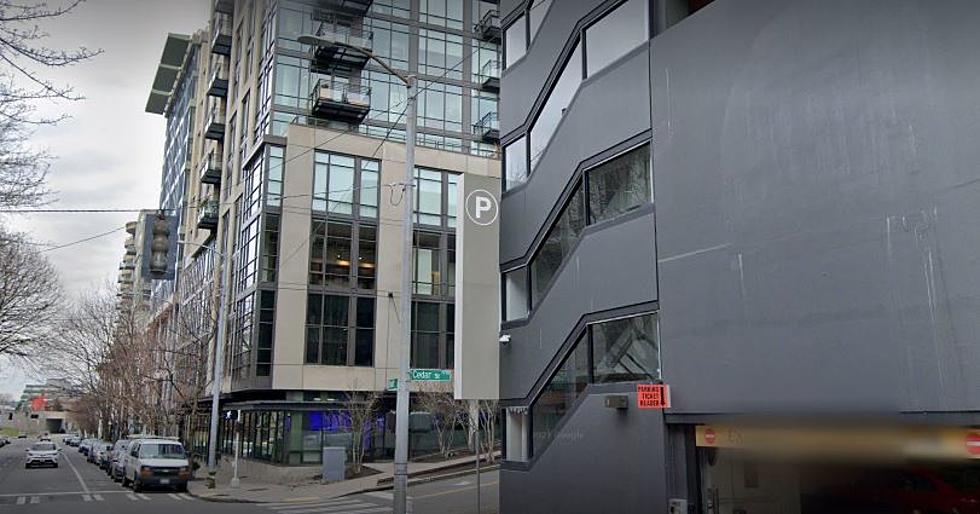
Obama Wants ‘Black Boxes’ in Your Car That Would Record Virtually Everything
Imagine a little box in your car that not only records your speed, driving habits, destinations, but also who's in your car with you, your cellphone usage and other activities.
The National Center for Public Policy Research is reporting the Obama administration plans to bypass Congress and mandate the Department of Transportation install recording devices in light duty vehicles effective in 2013.
These devices, called Event Data Recorders (EDRs), are already present in Fords, many GM models, Toyotas and Mazdas. However, the data currently recorded is focused on the mechanical operation of the vehicle (failures, efficiency of working parts, reminders for service milestones, etc.) and crash-related data such as the speed of vehicle at time of the crash, whether brakes were applied, direction of vehicle, etc.
In other words, what is recorded now is largely benign information that does not greatly intrude on one's privacy. The new proposals for 2013 are alarming:
- All light duty cars, trucks and vans would be required to record 15 specific values or types of data in a common format. The EDR's for all vehicles would be the same.
- This information would be stored in a commonly-accessible database. This raises serious security and privacy issues.
- Besides all mechanical operations of the vehicle, the EDR would also record all cellphone use, passengers in the car, every trip and travel destination, mileage, and other private data. It would enable your vehicle to be located at any given time, at any given place.
- Unlike some of the black boxes now being used, these EDR's would constantly monitor the 15 points of data in your vehicle, NOT just when there's an accident. Some reports indicate the EDR would be accessible via the internet even when your car is sitting in the driveway with the engine off!
- While this type of technology is currently used by GM (OnStar), in 2013 ALL new vehicles will carry this sophisticated 15-point EDR. Consumers will not have the option of buying any new vehicle that is not equipped.
Last year the House of Representatives shot down a bill that would have required EDR's in all vehicles; this year Obama plans to implement it administratively.
Horace Cooper of the National Center for Public Policy says this private data would be stored securely and only accessible via court order -- but that is not reassuring. He says the measure doesn't confine access to your EDR data to only accident-related situations. Cooper says any attorney who can convince a judge to issue the court order can look over your EDR data for any reason. He adds:
"Your driving data could be retrieved via court order pursuant to a billing disagreement with the service department that did a repair on your vehicle, as part of divorce discovery, or even to settle a dispute with the IRS over your mileage deductions on your income tax forms. An enterprising attorney could probably come up with many more reasons to get your data."
Horace also said the EDR is capable of making your vehicle's location and your personal information available for tracking 24-7:
"The technology already exists so that your overall driving data could be instantly accessed at either mandatory checkpoints or even accessed electronically via the Internet while your car is parked at home."
Earlier this year the Supreme Court dealt a huge blow to the FBI when it ruled placing a GPS device on a suspect's vehicle without a warrant was a violation of Fourth Amendment protection rights. Without getting permission from a judge, the FBI in Maryland used the GPS to track the movements of the suspect. The court did not agree with the FBI claim it was perfectly legal. This ruling was considered a big win for privacy, and a major setback for EDR-type surveillance.
However, experts do not know if these new EDRs will be treated the same way legally if court-related issues arise.
More From 870 AM KFLD









